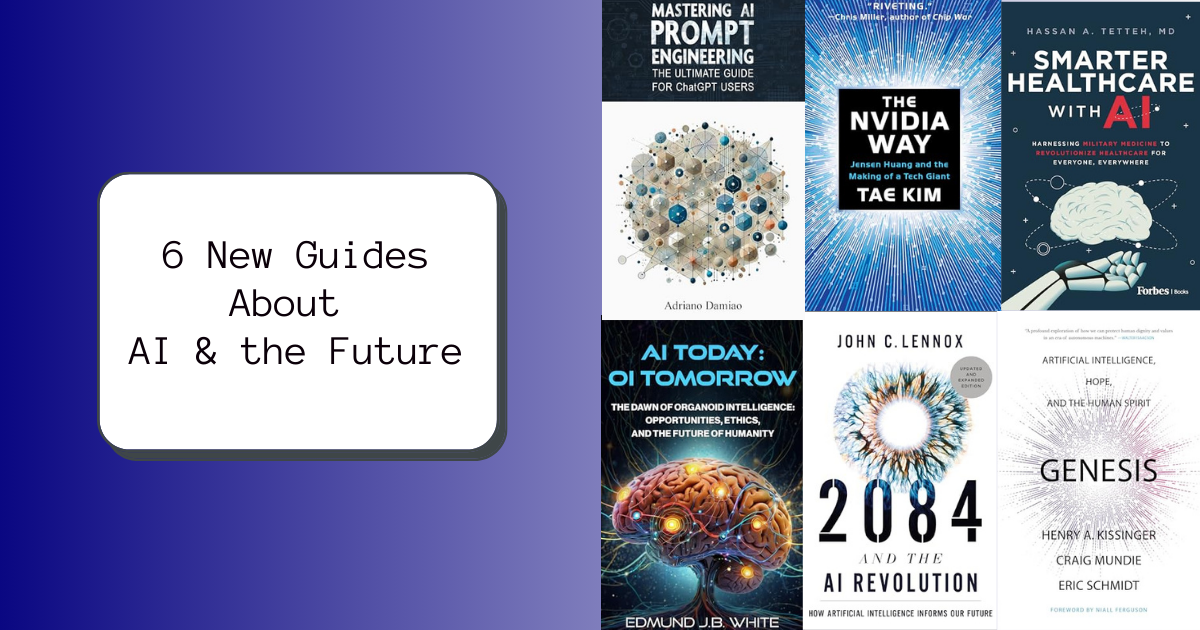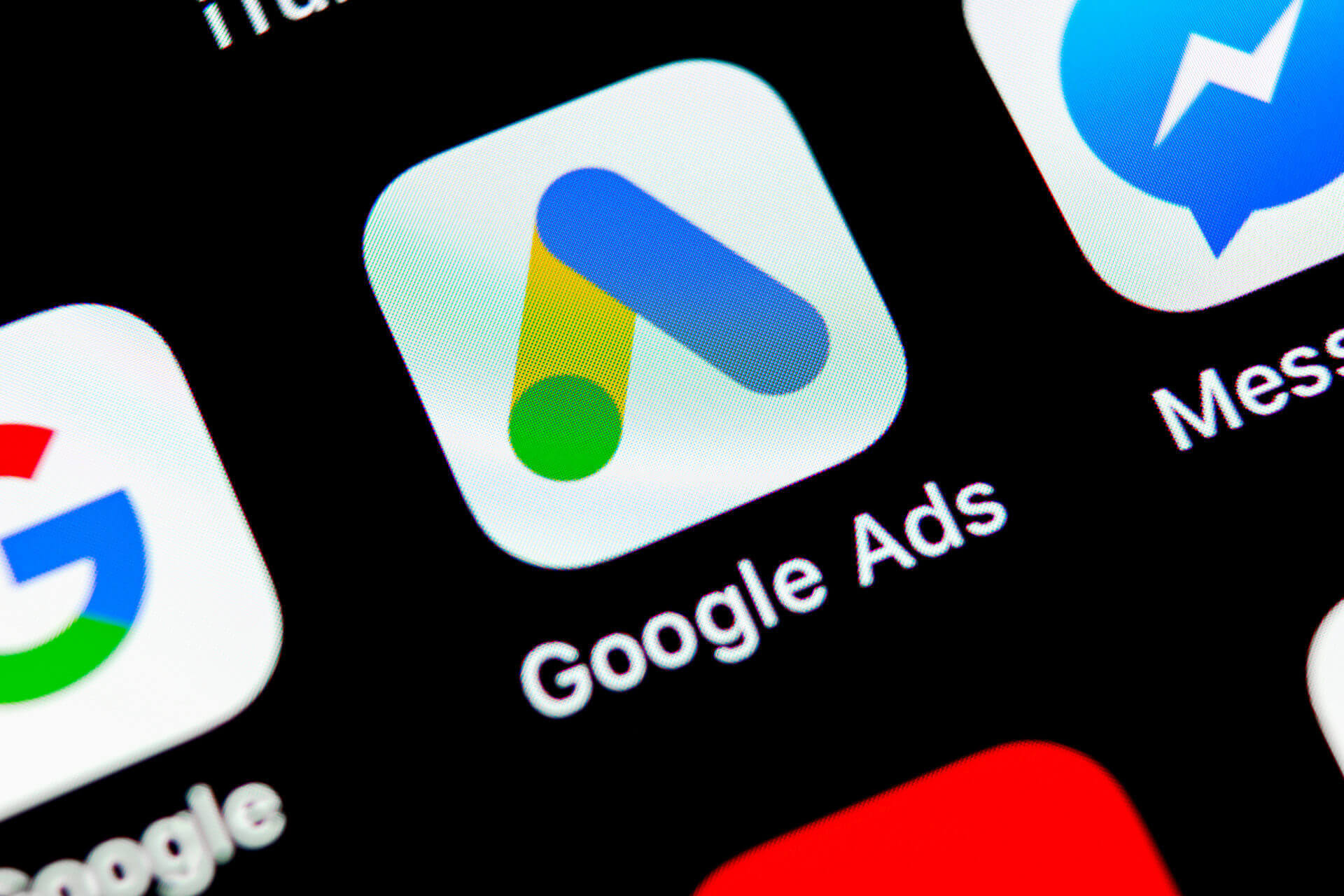Artificial intelligence (AI) adds efficiency to any number of marketing applications, from content to conversational chatbots. For organizations looking to harness these capabilities, here are some ways to get started.
“You do not, and should not, try to create this yourself in-house from scratch,” said Jim Lecinski, clinical associate professor of marketing at Northwestern University at The MarTech Conference.
Using AI to make better predictions
One important way AI can boost marketing functions is helping the team make better predictions instead of singling out campaign targets and goals “by hand.”
“We’ve all sat in conference rooms for years and made decisions based on staring at cells in a spreadsheet,” said Lecinski.
Encourage team members to think about what areas of the business would unlock a significant amount of value if they could predict it better, he said.
For instance, which customers are more likely to buy if they were nudged with an ad or an email? Using AI to help find these prospects in your organization’s customer data can bring a better return on ad spend and could improve top-line revenue.
In a B2B context, it can help find likely customers and help identify which accounts should be a high priority for the top sales people.
Experiment and adopt AI step-by-step
After thinking about where AI could improve marketing functions, organizations should look for one or two small AI-based applications instead of building an in-house AI.
Gathering data. First, your organization has to make sure the data from customer purchases and other touchpoints is all accessible in a privacy-compliant way.
Read next: 2 important ways to build customer trust and brand equity with data
Advances in customer data technologies like CDPs have played a big role in enabling AI technology to help marketers, said George Khachatryan, CEO and cofounder of AI-powered marketing decisions company OfferFit.
Test with a partner. Research AI technology companies that offer marketing applications and services to see which best fits your needs. Also, find out if your current martech partners have one. For instance, if you are already working with an enterprise platform like Salesforce, it might be possible to work with their AI technology, Salesforce Einstein.
Transition from old to new. Organizations should consider a “90-10” model when adopting AI technology. Ninety percent of marketing functions should be carried out using existing technology and methods, while 10% will be applied to experimenting with new technology.
Above all, don’t think you have to buy your own AI startup, as McDonald’s once did. (They later flipped the technology.)
“I think there’s something of a misperception in the marketing industry that the only right way to be able to do this is to have a big war chest of extra money laying around and build these models in-house,” said Lecinski.
Instead, organizations should experiment first and transition gradually by adopting smaller AI projects for their marketing functions.
Get MarTech! Daily. Free. In your inbox.









































































